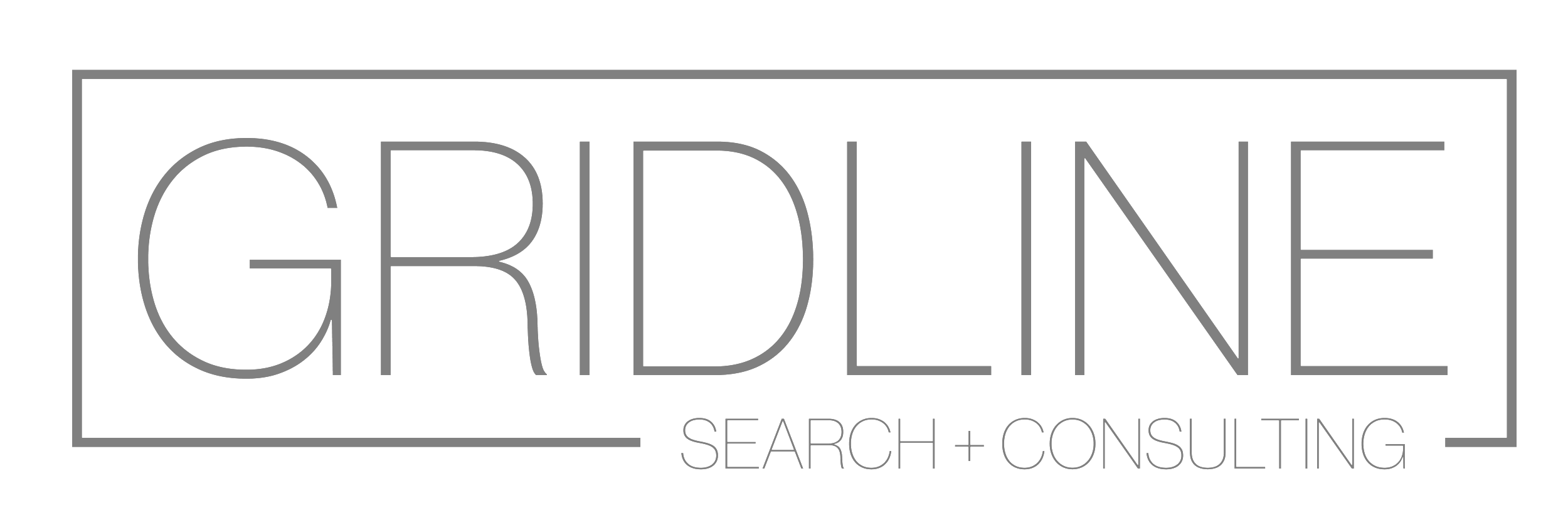6 Quick Tips for the Perfect Legal Resume
Legal resumes need to be concise and well-organized, but they also need to be written and customized strategically. Don't assume that anyone will read a cover letter in detail. The resume should tell the whole story about who you are, what relevant experience you bring, and ultimately, whether you are a good fit.
Recruiting staff may look at your resume for just a few seconds before moving on.
Given this fact, you need to make sure that your resume leaves a positive impression quickly and efficiently.
Below is a sample resume for a lawyer named Joan Elliott with two years of corporate law experience, annotated beneath with my suggestions on what is important for a legal resume (and what's not):
Perfect formatting: This is priority #1. Think of your resume like a formal memo or brief. It should look neat. Start by clicking Select all > Paragraph and then making sure the line spacing is consistent. Afterwards, manually (but carefully) make formatting customizations as needed. Readers can tell when a resume is not properly formatted. It looks sloppy.
Simple style: For font, use serif or sans serif font, but it doesn't have to be Times New Roman or Calibri (the sample above is Arial). For punctuation (like dashes, whether or not you use periods, etc.), just make sure you are consistent throughout.
Give the important stuff the most space: Joan worked for a school for a year and a major law firm for two years; still, the law firm gets more than double the space (as it should). When it comes to a resume, real estate = visibility.
Be clear and specific about your legal experience: Don't assume that every reader will understand acronyms or know your practice. Joan makes it clear what her corporate practice looked like, and how it progressed. This makes it an easy read from the recruiting coordinator all the way up to the practice group head.
Save the project/deal/case listing and other details for a separate page: Always try to keep your resume as one (1) page. If you want to share additional details of cases, deals and projects that are public and high profile, save it for a second page. Same goes for any presentation or publication lists.
Show people who you are as a person: This is why you leave on old jobs and have an Interests section. People want to know a little about your life and your story, particularly in interviews. Make it easy for them to inquire.

